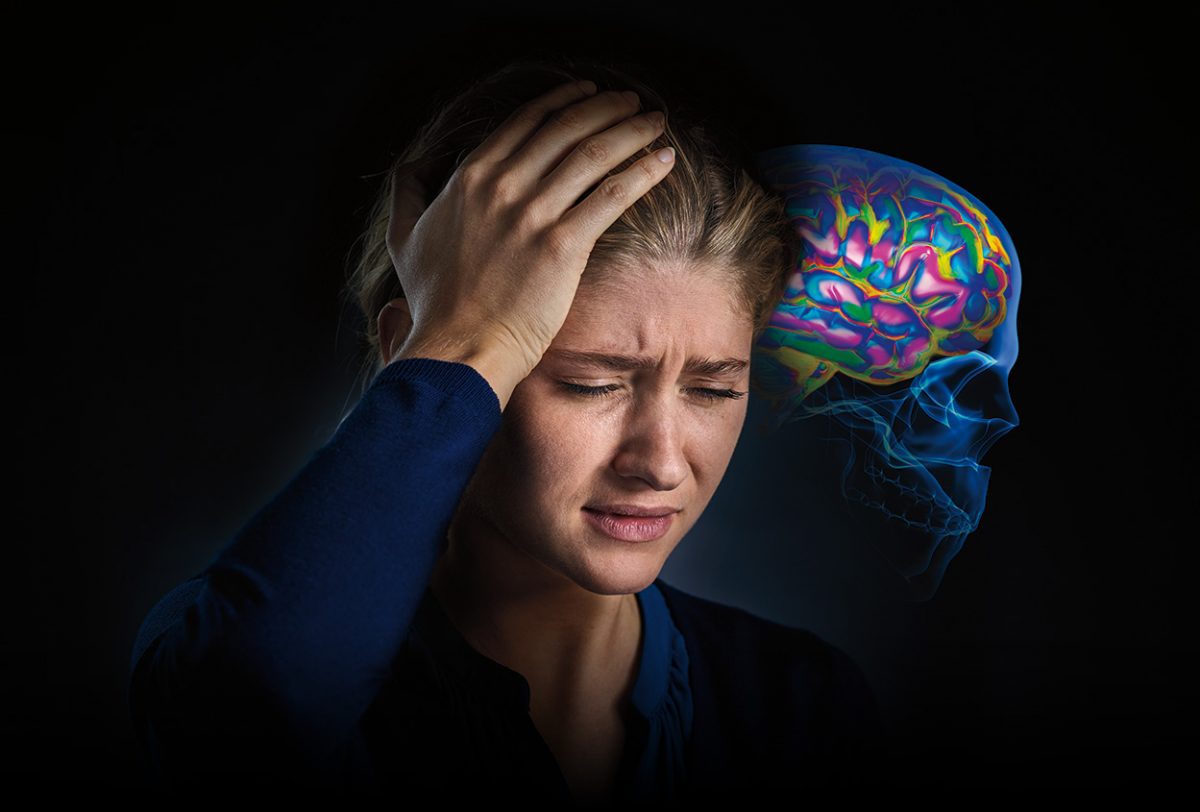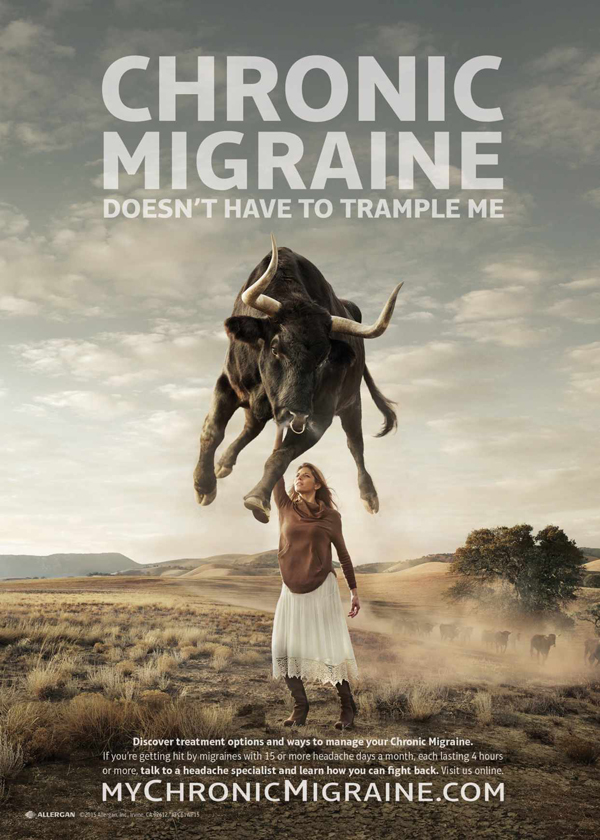COMPLETE HEADACHE CHART
Headaches related to Allergies
- Symptoms: Nasal congestion, common headache, watery eyes
- Precipitation Factors: Seasonal allergens (e.g. pollen and mould)
- Prevention: None
- Treatment: Desensitization injections, topical, nasal cortisone-related sprays, and antihistamine.
Headaches due to Caffeine Withdrawal
- Symptoms: Throbbing headaches after multiple instances or large dosages of caffeine, especially with caffeinated drinks like coffee or tea.
- Precipitation Factors: Caffeine
- Prevention: Controlled and non-excessive consumption of caffeine and caffeinated food and drinks.
- Treatment: Terminate caffeine intake, especially during extreme cases of headache.
Cervicogenic Headaches
- Symptoms: Pain around the eye area, stiff neck, sensitivity to sound and light, blurry vision, pain in shoulders and arms, nausea, pain on one side of head or face.
- Precipitation Factors: Neck injury, upper spine arthritis, cervical vertebrae malformations.
- Prevention: Early diagnosis and treatment
- Treatment: Medication (aspirin or ibuprofen), physical therapy, TENS, or neuromodulation surgery.
Cluster Headaches
- Symptoms: Unbearable pain near the eye area, nasal congestion, the face becomes flushed. Most common among men between 20 and 50 years old. Usually occurs during sleep and lasts for weeks or months before it disappears for a year.
- Precipitation Factors: Alcohol and smoking
- Prevention: Use of calcium channel blockers, steroids, and lithium supplements
- Treatment: Intranasal application, oxygen, sumatriptan, ergotamine
Exertional Headaches
- Symptoms: Quick headache after physical activities (e.g. sex, sports, or any rigorous activity) or passive exertion of body movement (e.g. coughing, sneezing, or even during bowel movements)
- Precipitation Factors: Usually caused by organic diseases.
- Prevention: Avoid heavy exercises and incline self to a lighter form of exercise
- Treatment: Commonly treated with propranolol or indomethacin. Surgery could happen if this happens due to any organic disease.
Headaches related to fevers
- Symptoms: Headaches that came along with sudden body temperature rise, usually caused by swelling of blood vessels.
- Precipitation Factors: Infection
- Prevention: None
- Treatment: Acetaminophen, NSAIDs, antibiotics, aspirin
Headaches related to hangovers
- Symptoms: Throbbing headaches that usually feels like migraine, nausea.
- Precipitation Factors: Alcohol consumption
- Prevention: Moderate drinking of alcoholic drinks
- Treatment: Consumption of fructose, soup, water
Headaches related to menstruation
- Symptoms: Headaches that happens during menstrual periods or after.
- Precipitation Factors: Rise and fall of estrogen levels in the blood
- Prevention: Calcium blockers, NSAIDs, anticonvulsants, beta-blockers, and biofeedback during menstrual flow. Only take when migraine becomes regular during periods.
- Treatment: Medication (biofeedback, ergotamine, 5-HT agonist, or dihydroergotamine.
Headaches related to hunger
Symptoms: Headache before usual meal hours, most especially when one had skipped a full meal in a day.
- Precipitation Factors: Low blood sugar and rebound dilation of the blood vessels due to meal skips or extended fasting.
- Prevention: Proper nutrition alongside regular meal intake
- Treatment: Eating food with adequate nutrients and lesser meal skips.
Aneurysm
Symptoms: Rapid unconsciousness due to rupture after a sudden headache with unbearable pain, rigid neck sensation, and double visions. This could also mimic cluster headaches or frequent migraine.
- Precipitation Factors: Congenital case, hypertension
- Prevention: Control on blood pressure
- Treatment: Immediate check-up and surgery
Hemiplegic Migraine
Symptoms: Severe throbbing on one side of the head, frail or paralyzed one side of the body, vomiting or nausea, loss of balance, dizziness, visual disturbance, speech impairment, auras, sensitivity to smell, sound, and light.
- Precipitation Factors: Genetic components.
- Prevention: Modification of diet to avoid triggers, regular exercise, and sleep, preventive medications.
- Treatment: Medication and modification of diet, regular exercise, and sleep, consultation with a specialized neurologist.




